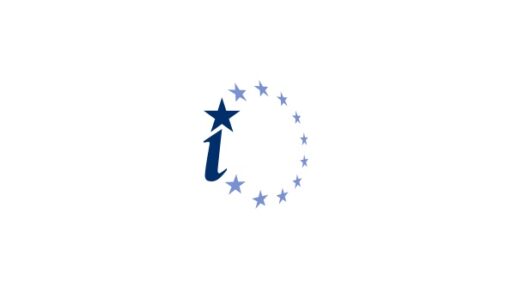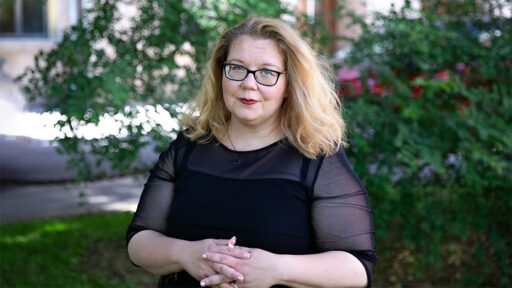Foreign Ministers to discuss Libyan situation
Press release 127/2011
11 April 2011
The European Union’s Foreign Affairs Council will meet in Luxembourg on 12 April to discuss the situation in the Southern Neighbourhood and in Libya in particular. Foreign Minister Alexander Stubb will be representing Finland at the meeting.
The Foreign Ministers are set to discuss the situation in Libya and elsewhere in the Southern Neighbourhood. Following UN Security Council Resolution 1973, the EU has prepared itself for CSDP actions to protect the civilian population and where necessary to safeguard the delivery of humanitarian aid. The Council decision to establish a military EUFOR crisis management operation in Libya was adopted by written procedure on 1 April; the launch decision will be made separately if requested by the UN. The long-term aim both in Libya and elsewhere is to begin a political process that through broad-based dialogue will lead to a transition towards democratic society. It is important that the measures outlined in the March communication by the Commission and the High Representative proposing a new partnership for democracy and shared prosperity with the Southern Neighbourhood are put into place as soon as possible.
The Foreign Affairs Council will also hold discussions about the Middle East peace process and the impacts of the current situation in the region. The vicious cycle of violence has erupted again, and it is not enough just to break that cycle; the parties must be brought to the negotiating table for peace talks. Full backing must be given to the active involvement of the Quartet and its forthcoming meeting in April. The peace process must be seen as an integral part of the unfolding events in the region, not as a separate element.
Other items on the agenda of the meeting include the situation in South Caucasia and the EU’s role in efforts at stabilization in the region, which we consider to be increasingly central. Continued support must be given to the Minsk Group. At the same time further efforts must be made to promote Armenia’s and Azerbaijan’s EU convergence and to support the process of democratization in these countries. It is important that the EU invests equal interest in all countries in the region.
The Council will also discuss the situation in Belarus. Pressure must be maintained on the Government of the country to release the people imprisoned after the elections. The sanctions that are now in place must be given time to work; further measures may be considered if the country fails to comply with EU demands. Conditional dialogue must remain a centrepiece of EU policy in the future.
Also on the agenda is EU human rights policy. Finland’s aim is to enhance the consistency and effectiveness of EU human rights policy. The EU must work towards better preparation and faster reaction, improved coherence and proactive and long-term human rights activities. Finally, the meeting will discuss the start-up of the European External Action Service and the situation in Ivory Coast.
Inquiries: Jori Arvonen, Senior Political Adviser to the Minister for Foreign Affairs, tel. +358 9 1605 5016, or mobile tel. +358 50 553 6117, and Counsellor Lasse Keisalo, Unit for European Common Foreign and Security Policy at the Ministry for Foreign Affairs, tel. +358 9 1605 5330 or mobile tel. +358 040 505 2046


